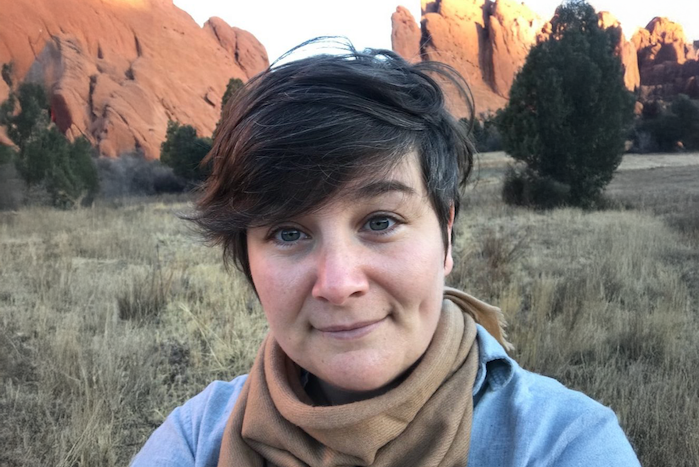Sam Sommers
Assistant Professor in Residence
English
Dr. Sam Sommers (she/her) is a scholar-teacher of African American and Anglo American literature and culture before 1900. Since arriving at UConn Waterbury in 2021, she has presented several papers drawn from her manuscript-in-progress Reading Talking Books; co-organized national conference panels on research collaborations with undergraduate students, mentored four undergraduate research assistants, and shared works-in-progress papers with advanced research seminars.
She is currently at work on a public writing project that sheds light on the legacies of nineteenth-century racial thinking embedded in today’s “new reading wars” (balanced literacy vs. science of reading).

| s.sommers@uconn.edu |